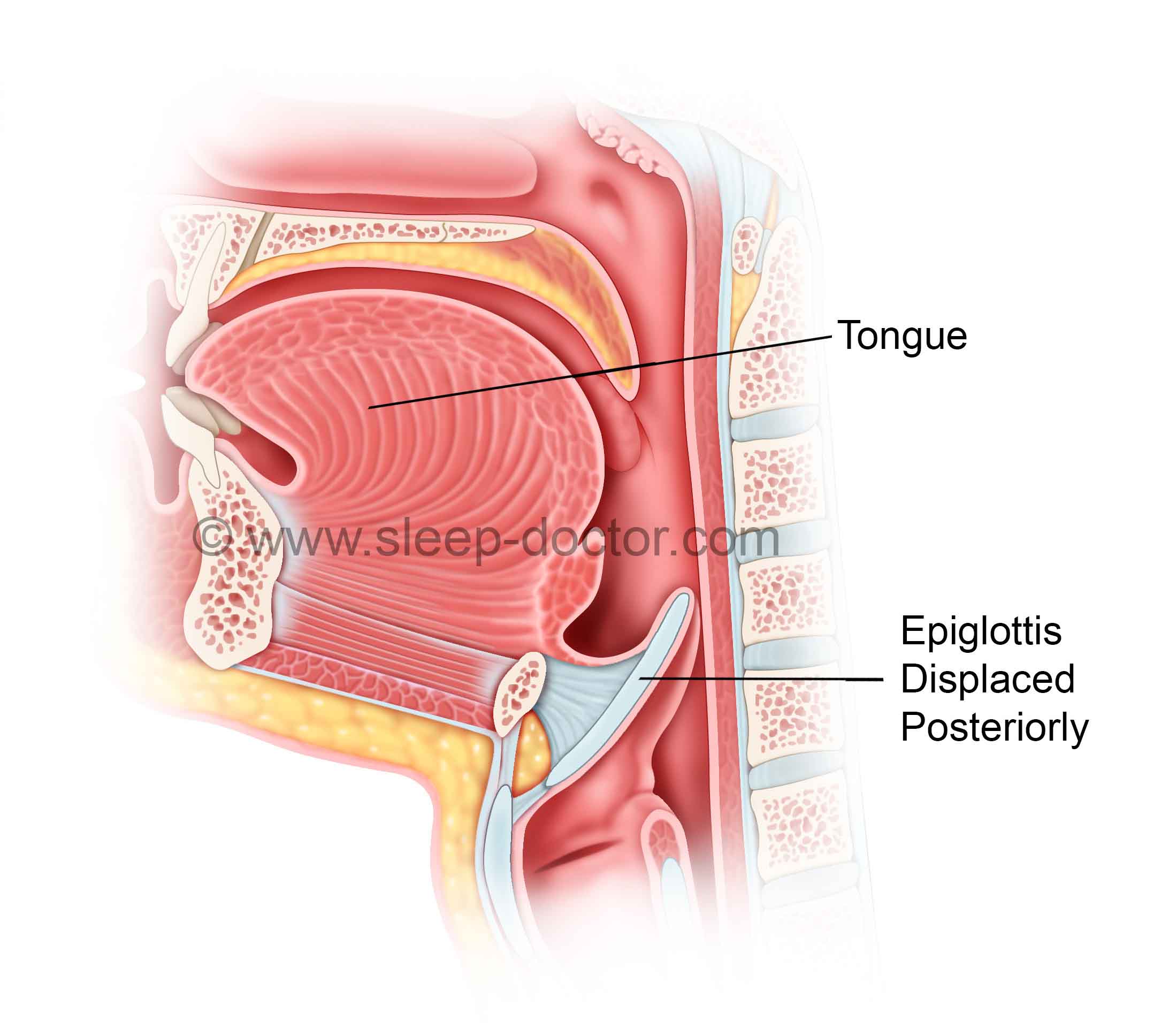How to Stop Snoring: All You Need To Know

Snoring is extremely common and often an anti-social habit that bothers your sleep partner, rather than you. But did you know snoring actually means there is a significant degree of airway obstruction going on when you are asleep? It’s not just a quality of life issue here that we are talking about. At The ENT Clinic in Singapore, many snoring patients come to seek our help because snoring may be associated with disturbed sleep quality and daytime tiredness, in addition to bothering their spouses or sleep partners greatly.
People mistakenly think that snoring is nothing to worry about but snoring may be a warning sign of underlying obstructive sleep apnea, a serious life-threatening condition with persistent dips in oxygen levels in the snorer. If left untreated, obstructive sleep apnea goes on to be associated with increased risk of serious conditions such as coronary artery/heart disease, strokes, irregular heart rhythms (arrhythmias), high blood pressure, abnormal blood sugar levels, gastro-oesophageal acid reflux and persistent weight gain. When you don’t breathe easily during your sleep, your oxygen levels fluctuate a lot and may drop repeatedly, stressing out the heart which now has to work harder and beat faster.
Snoring has many reasons but the most important one is weight gain. If you have put on weight recently, then be aware that the fatty tissue around your neck structures tends to increase, hence exerting more pressure on your airway when you lie down to sleep. Smoking is another risk factor for worsening snoring because the cigarette toxins chronically irritate the lining of the nasal passages, sinuses and throat, leading to increased mucus (and phlegm) production and swollen soft tissue inside your nose and sinuses. Alcohol also exacerbates the situation by causing further muscle relaxation inside your throat and airway, and you will probably end up breathing through your mouth if your nose becomes congested. Mouth-breathing then leads to waking up with a dry mouth and dry throat, and may cause the dangly midline structure at the back of your throat, called the uvula, to swell up like an inflamed worm!
The warning signs associated with snoring that you should watch out for, as these tend to indicate the presence of obstructive sleep apnea are as follows:
- Choking, spluttering and gasping noises when asleep
- Loud snoring, sometimes irregular pattern
- Sudden silences in your sleep, may mean sudden pauses in your breathing (called apneas)
- Recurrent grunting and throat-clearing noises
- Restless sleep with tossing and turning frequently
- Teeth-grinding
- If the snoring is getting louder than usual
- Recurrent waking episodes, sometimes partial waking
- Daytime fatigue or tiredness
- Memory loss or attention issues
Of course, snoring may have anatomical or structural reasons to explain it. For example, some snorers may find it difficult to breathe through their nose which may be blocked or congested due to a deviated or crooked nasal septum inside. Nasal congestion is also commonly due to enlarged swollen inferior turbinates related to nasal allergies or sinusitis/sinus infections. After Covid infection, we saw a lot of patients at our ENT Clinic in Singapore, because they were still suffering from persistent cough, backdrip, sore throat and blocked runny nose due to the increased thick mucus inside their nose, flowing back down into the throat and airway.
Many snorers often have a crowded throat or pharynx where they have enlarged swollen tonsils narrowing their airway. They also have long uvular structures which stick to the back of their throat when asleep and then vibrate when the snorers breathe through their mouths to allow abnormal turbulent airflow to enter. The uvula represents the midline fusion area of the soft palate but its true function remains unknown, although some postulate the uvula to perhaps play a role in directing food towards the back of the throat. Some snorers may have large tongues which tend to fall backwards into their throat to block their airway off when they lie supine or flat on their backs in bed. Other snorers may have a rather floppy backward-facing epiglottis to further narrow their airway. The epiglottis is normal cartilage flap which serves to protect your voicebox and airway to direct food back over it into your gullet, rather than allow any food to enter your windpipe by mistake.

One of my own patients was kind enough to allow The South China Morning Post newspaper in Hong Kong to interview him with his full identity disclosed. The article also included an interview with me as his ENT surgeon and we were happy to help highlight the importance of diagnosing and treating Obstructive Sleep Apnea. Here’s the link to the article itself if you wish to check it out: How Sleep Apnea Treatment Cured A Father’s Breathing Problems
So what can you do to stop snoring in the meantime? Dr Annabelle’s Tips for Snorers:
- Lose weight through diet and regular exercise: 3 sessions of brisk walking every week, at 50 mins each, can be very helpful to help shift the weight.
- Stop smoking, vaping, using e-cigarettes etc
- Cut the alcohol to a minimum: a glass of wine every now and then at dinner should be fine though, don’t worry.
- Treat your blocked nose with antihistamines like Zyrtec or Telfast and/or use a nasal steroid spray e.g. Nasonex or Avamys.
- Make sure your pillow isn’t too flat
- Make sure you are getting adequate sleep with a consistent sleep habit of 6-7 hours every night. Night shift workers will find they probably snore more often because they are chronically sleep-deprived. Daytime naps can never make up for good quality sleep at night.
And if all else fails or if you are suffering the danger signs already discussed above, highlighted in red, then please seek the help of your friendly ENT specialist in Singapore!
Share this blog via:
